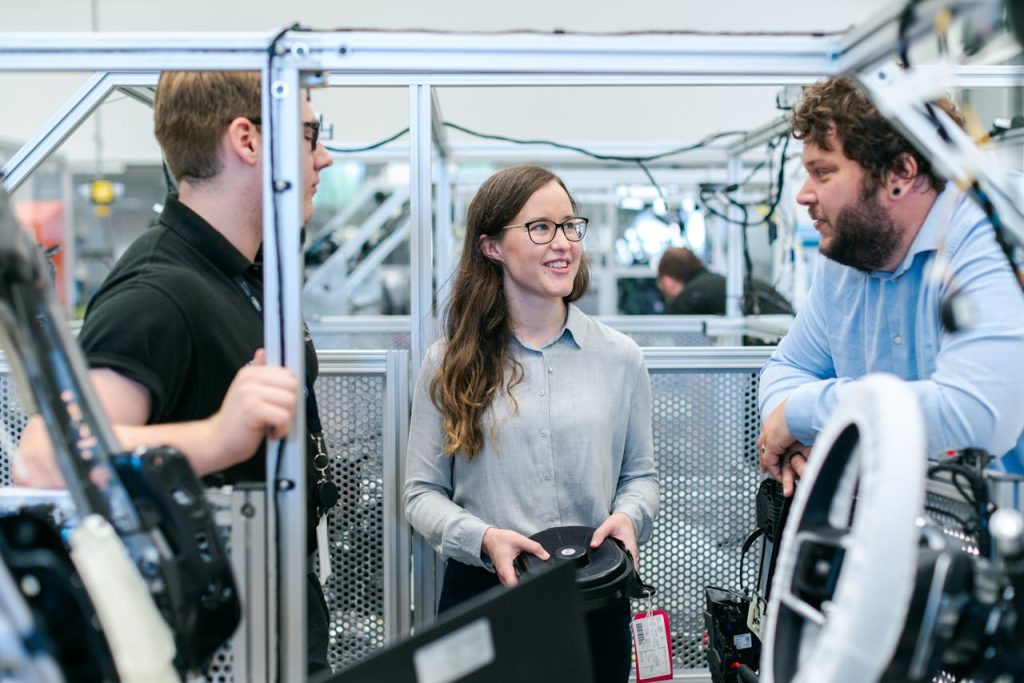As a semiconductor shortage of basic microchips disrupts production, beginning this week at Honda’s North American plants and potentially spreading globally, automakers worldwide are becoming more and more concerned.
After Nexperia, a chipmaker based in the Netherlands, suspended exports from China earlier this month, the global auto industry is in a panic. People familiar with the situation said the export freeze—caused by a geopolitical dispute involving the Dutch, Chinese, and American governments—has left automakers and suppliers running low on chips that could run out within days.
Automaker production slows due to semiconductor shortage
Although Nexperia does not manufacture sophisticated semiconductors, it does hold a sizable portion of the market for basic chips used in automobile parts like speedometers, climate controls, and lock systems. Analysts and executives caution that if shipments don’t start up again soon, it will be hard to find alternatives due to this widespread use. “These are not very strategic components, but there are hundreds of them, small microprocessors in the lock systems, climate control, speedometers or whatever,” said Volvo Chief Executive Håkan Samuelsson.
Honda halved production on Monday at its assembly plant in Alliston, Ontario, where employees construct CR-V SUVs and Civic sedans. According to Vito Beato, president of Unifor Local 1285, which represents a supplier to the plant, the slowdown will last until Wednesday. Beato stated in a Facebook video that the plant will shut down for a week beginning Thursday and then reopen late next week at half capacity. A Honda spokesman said the automaker is “managing an industrywide semiconductor supply chain issue” and making strategic adjustments to conserve parts
This week, Honda started temporarily suspending production at all of its “mass production” facilities in North America.
Clash between Trump and China
When President Trump traveled to Asia to meet with Chinese leader Xi Jinping, the crisis broke out. According to a Dutch court document, U.S. officials warned that they would place Nexperia on a trade blacklist for national security threats unless the company replaced its Chinese CEO.
Citing proof that the CEO was moving resources and intellectual property to China, the Dutch government took over the business. The decision “wasn’t based on pressure from another country,” according to Dutch Economy Minister Vincent Karremans, but rather on national security considerations. The CEO of Nexperia was suspended by a Dutch court, and the majority of the company’s shares were transferred to outside management.
Featured Image Credit: ThisIsEngineering; Pexels: Thank you!















